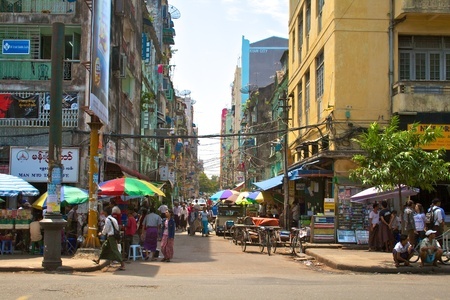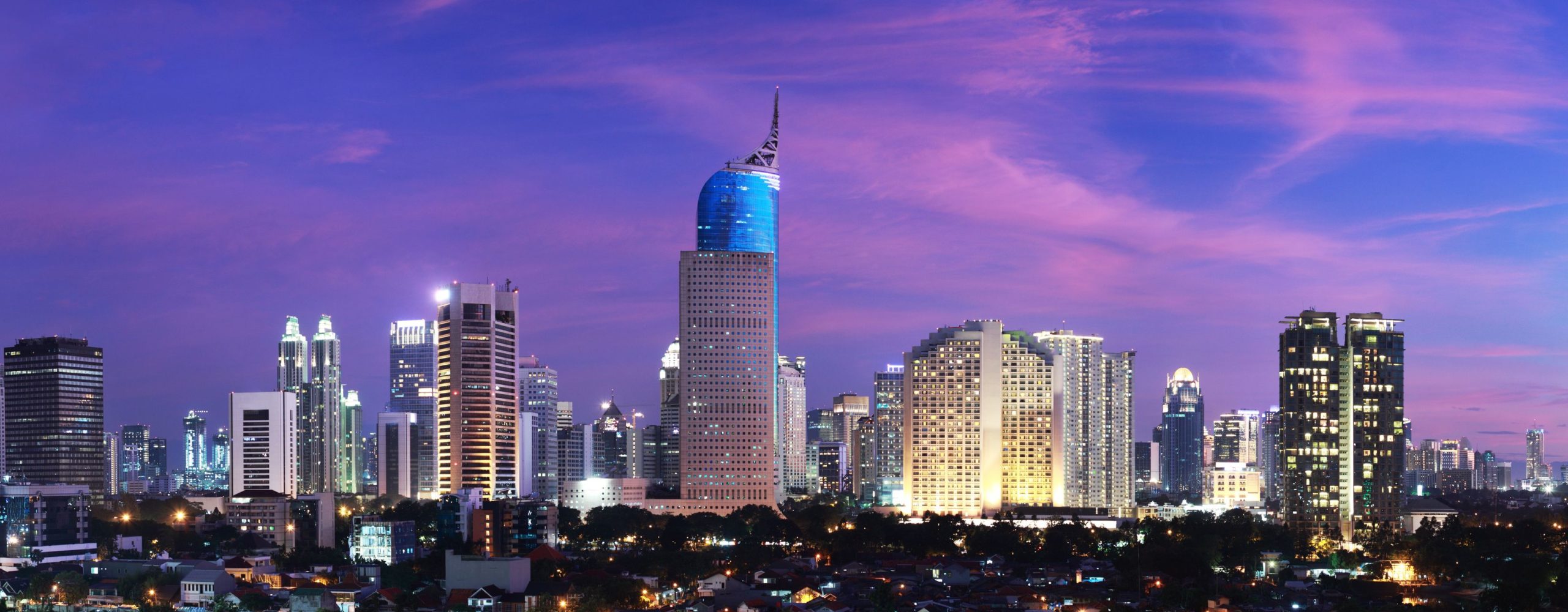12 September, 2017
The Petroleum and Petroleum Product Law
The Myanmar Government is currently promoting and incentivising investment in its energy sector, in order to attempt to achieve its goal of connecting every household in Myanmar to reliable and efficient power from the national grid by 2030.
In the petroleum products space, Myanmar Oil and Gas Enterprise (MOGE) has issued three off-shore supply base (OSB) projects and recently announced that it still intends to issue a tender for a fourth OSB.
On 1 August 2017 the Myanmar Government introduced Law No. 20/2017, known as the Petroleum and Petroleum Products Law (Petroleum Law).
The Petroleum Law has a very broad scope ("Petroleum Product" is defined to mean "any materials derived from processing petroleum") and, once subordinate legislation is confirmed, will likely mean that any entity involved in any stage of the petroleum product supply chain will require some form of licence or permit issued under the Petroleum Law.
Objects of the Petroleum Law
The broad regulatory scope of the Petroleum Law is clearly designed to promote (and protect) 5 key objects in relation to the exploitation of petroleum products in Myanmar, specifically:
- Regulation: regulating the conduct of petroleum enterprises within Myanmar.
- Environmental Protection: to ensure petroleum development occurs without impacting the environment.
- Competition: to promote competition within the petroleum market in Myanmar.
- Energy Security: to guarantee the energy requirements of Myanmar.
- Economic Security: to obtain appropriate taxation for the State from the Myanmar petroleum industry.
Forms of licensing
A major step under the structures created by the Petroleum Law is the extensive licensing regime. It requires that a number of enterprises are required to obtain licences for their activities from various Ministries (possibly multiple
Ministries, depending on the complexity of the activity), including those involved in:
Importing or exporting petroleum products (Ministry of Commerce), which are also required to be tested for quality by a further licensed entity
Processing, transporting, distributing, storing, selling, inspecting and testing petroleum products (when through a pipeline the Ministry of Electricity and Energy, and when not through a pipeline the Ministry of Natural Resource and Environmental Conservation)
Operating vehicles or transport vessels (anything other than pipelines), as well as ports and waterways for the transport of petroleum products (Ministry of Transport and Communications)
Installing or utilising underground tanks and warehouses (Ministry of Natural Resources and Environmental Conservation)
Any licence granted may contain whatever further conditions the relevant Ministry considers necessary. There has been no guidance yet as to what standard further conditions are likely to be required on a regular basis by each Ministry.
The relevant Ministry for each licence obligation will also have the ability to inspect compliance with the licensing regime, to develop and maintain quality standards for petroleum products in relation to the relevant licence, and to enforce actions against entities operating in breach of the various licensing requirements. Exemption from the licensing requirements is only permitted where the petroleum products are less than 6 gallons, and are not for a commercial purpose; all other entities are provided to obtain one or more licences.
It is unclear how the Ministries will work together during the licensing process, or whether these licensing processes will be coordinated in one body (eg, the Supervisory Committee). The Petroleum Law does not specifically outline the timeframes or processes that applicants will be required to comply with, but reserves these for either subordinate legislation or for the Supervisory Committee (discussed below). Importantly, an entity which wishes to apply for multiple licences will be able to submit an application for an "integrated permit" (however, there is no information regarding how an integrated permit can be obtained, nor who will be entitled to apply). A similar "integrated permit" system exists under the new Mining Rules, however, it remains to be seen how they shall be determined.
The Supervisory Committee
The Petroleum Law also provides for the formation of the "Supervisory Committee for Petroleum and Petroleum Product Enterprises", which will be comprised of at most 15 committee members from relevant Ministries. The relevant Ministries are not specified under the Petroleum Law, but it will also act to align the relevant State and Region Governments with the energy objectives of the Union Government. The Supervisory Committee will also be responsible for any enforcement activities or compliance audits required under the Petroleum Law.
It is also interesting to note that the Petroleum Law provides the Ministry of Electricity and Energy with the power to establish and operate a State-owned enterprise as a public corporation. It is unclear whether this is intended to be a entity such as the Myanmar Electric Power Enterprise which will be designed to hold stakes in joint ventures with developers, or whether it is more likely to be an industry regulator like Myanma Insurance.
Offences and penalties
Under the Petroleum Law it will be an offence to operate without a relevant licence. It will also be an offence not to assist the relevant Ministry or its inspectors when conducting a valid inspection under the Petroleum Law. Penalties may include:
- Warnings Warnings
- Fines up to MMK 5 million (roughly USD 4,000)
- Temporary or permanent suspension of one or more licences
Further, the Ministry of Planning and Finance can confiscate, execute or otherwise administer unlicensed or improperly licensed petroleum products.
As with the majority of Myanmar laws, there is also individual liability to make sure that individuals are appropriately incentivised to ensure compliance. As such, there is the possibility of personal fines or up to 6 months imprisonment for the managing officer of an entity convicted of an offence.
Next steps
If a business has a licence issued under the old Petroleum Act 1923 then this will continue in force and will be subject to any conditions set out in the old licence. However, these businesses are required to submit a management plan to the relevant Ministries, outlining its compliance with the Petroleum Law and any subordinate legislation.
All new licences will be issued under the new Petroleum Law.
As energy is a key objective of the Myanmar Government, the Petroleum Law is likely to be an important and strictly applied law, and therefore early compliance will be to the benefit of any entity operating in this sector.
For further information, please contact:
Jo Daniels, Partner, Baker McKenzie
jo.daniels@bakermckenzie.com

.jpg)





